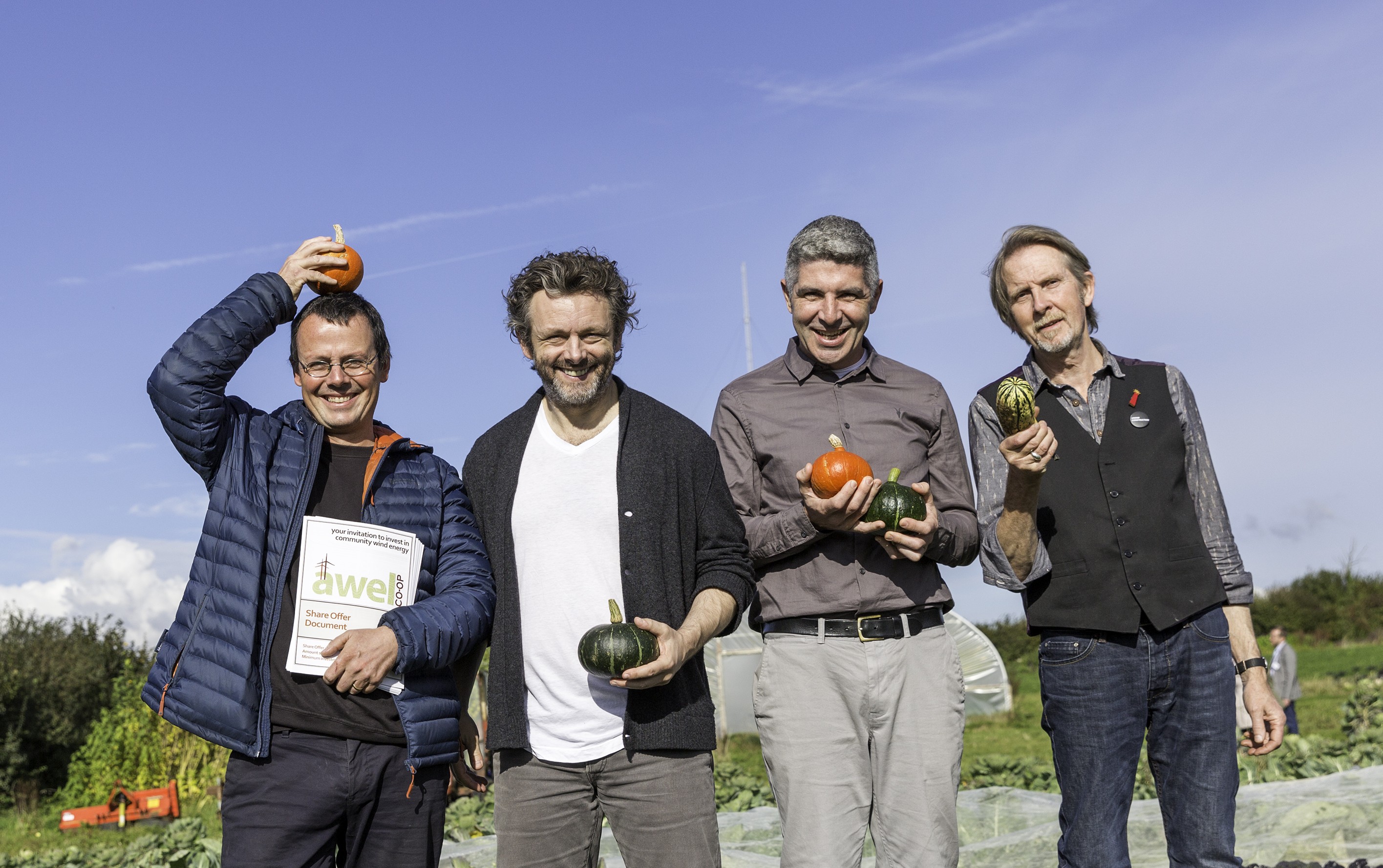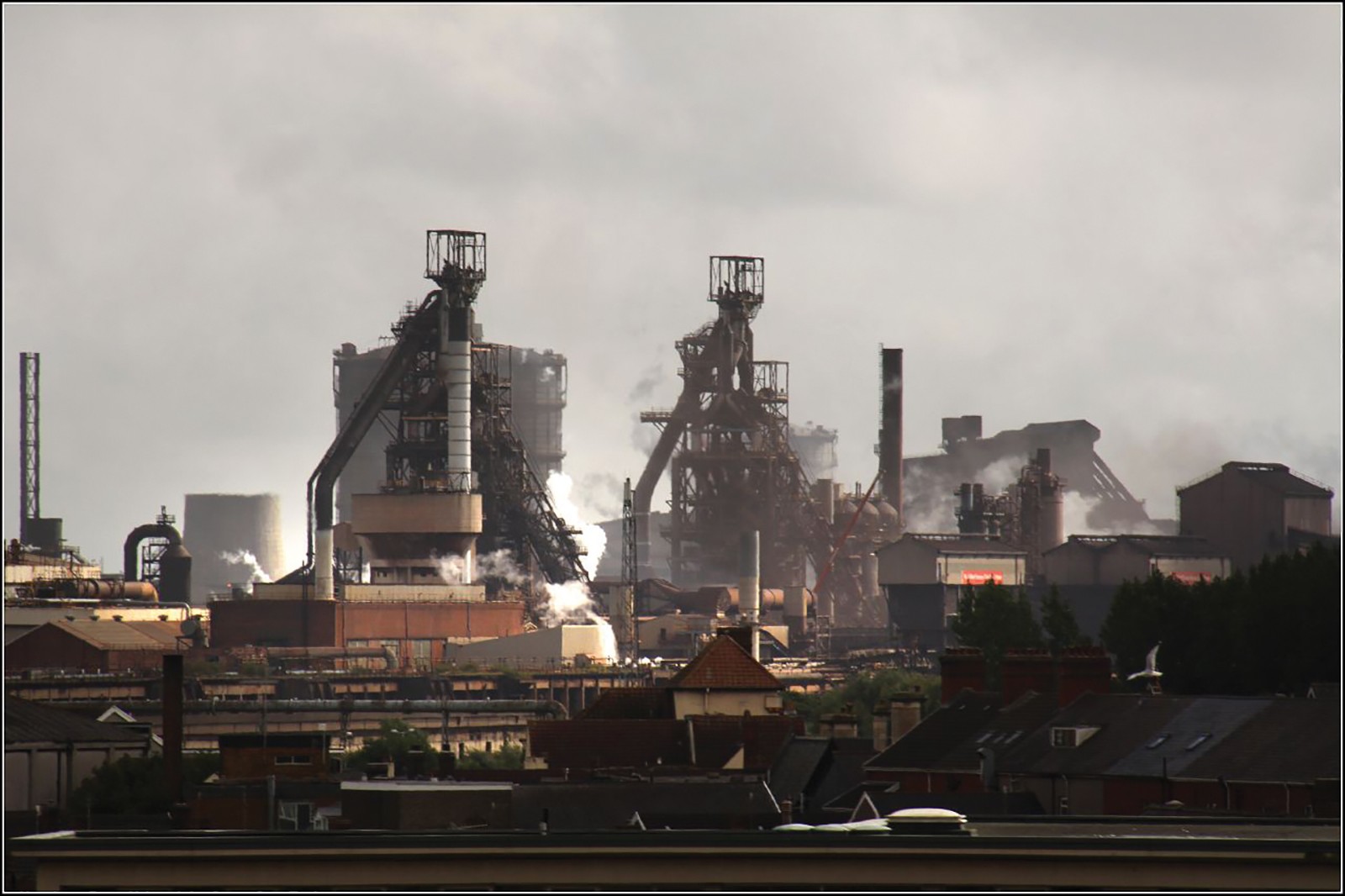He is well known for playing Tony Blair in The Queen, David Frost in Frost/Nixon and Brian Clough in The Damned United (2009) – but Welsh actor Michael Sheen is also a social activist, joining the call for a better economy.
Last year he helped the Wales Co-operative Centre launch Community Shares Wales. In April he became the patron of Social Enterprise UK, the trade body for co-ops across the country. And last week he attended the annual Co-operative Congress in Wakefield, organised by Co-operatives UK, as an individual delegate.
“It has been really fascinating – there is so much information and I just want to hear more and more, going into more depth,” he said in an interview with Co-op News.
“At the moment I’m only scratching the surface. [Congress] and the array of issues that are being touched upon have been really impressive, but the big questions, like how to re-imagine the economy, that’s the stuff I have to dig into more. For me, Congress was a great place to start to learn more about this.”

Mr Sheen believes co-operation is “one of the important tools to be able to move towards a fairer economy that serves the majority rather than the minority”.
“I think this was a good way for me to be able to learn as much as I could in a fairly condensed space of time. It’s a bit overwhelming but it does mean I am getting a sense of what I’d like to follow up more and do a bit more digging into myself,” he added.
A key topics at the Congress was the gig economy and changing nature of work. Sarah de Heusch explained how SMart, a co-op from Belgium, was helping freelance artists obtain better legal services and social protection. Does Mr Sheen think models like this could work for young actors starting up?
“The way the economy is changing, the idea of the more flexible economy is going to become more and more prevalent. So, being able to give the kind of security, support and consistency that people need while freelancing counts,” he said.
“When I was starting out as an actor, it was an incredibly insecure profession. You don’t know what’s coming or when the money is going to arrive, so it’s very hard to plan anything. We had our union, Equity, but moving ahead it is going to be increasingly important to study what organisations like SMart are doing and find a way to be an intermediary between the platforms and the workers themselves, to give them that security.”
Mr Sheen comes from Port Talbot, a south Wales town of 37,000 people – and the birthplace of two other celebrated actors, Richard Burton and Anthony Hopkins. But it is also in decline after deindustrialisation, as was recently faced with hundreds of job cuts at Tata Steel’s local steelworks.
He returned to the town last year to present a BBC Wales Week In Week Out documentary on the plant.

[photo: Ben Salter/Flickr]
“There’s a huge desire for jobs from the valley communities that have suffered from deindustrialisation – but the danger now is that the jobs they have are very insecure, low skilled and with low wages. My fear is that what is being provided doesn’t serve the needs of the communities.”
He believes people should be given a sense of ownership and be able to shape the future of their own communities. “The idea of working from grassroots levels to build up work opportunities using different ownership structures – like co-operatives – that’s incredibly important,” he said.
This means it is vital for local authorities and other organisations to help communities to take ownership, and not see this as a threat, he said, giving the example of Preston City Council’s efforts to keep money in the local economy.
Based on a community wealth-building model pioneered in Cleveland, Ohio, the council has invested £4m into the city by re-directing its spend, doubling the proportion going to local businesses from 14% in 2012 to 28% in 2016.

“It’s been fascinating to learn about what’s going on in Preston around local anchor community wealth building and being able to see how that can be applied to smaller communities,” he added. “It’s a way to encourage organisations to work in conjunction with communities at a grassroots level and see what can come out of that.”
Asked whether political support could help, he said it could play a “massive part in moving the agenda forward”.
Prior to the general election, Mr Sheen published an open letter to candidates, asking them to champion social enterprises, co-operatives and charities.
“At the moment, [politics] is not incentivising things,” he said. “The political situation has to have a fundamental change – we can’t just allow things to drift towards a more and more precarious existence for those communities.”
There’s awareness of that at political level, he added. “That’s why we are seeing confusing messages coming from political parties.
“When you see the Conservative Party talk, for example, about having workers represented on board, it shows an awareness that there is an issue they need to deal with, even if it’s just talk at the moment.
“We need to push to see things happening and we will see real, concrete changes.”